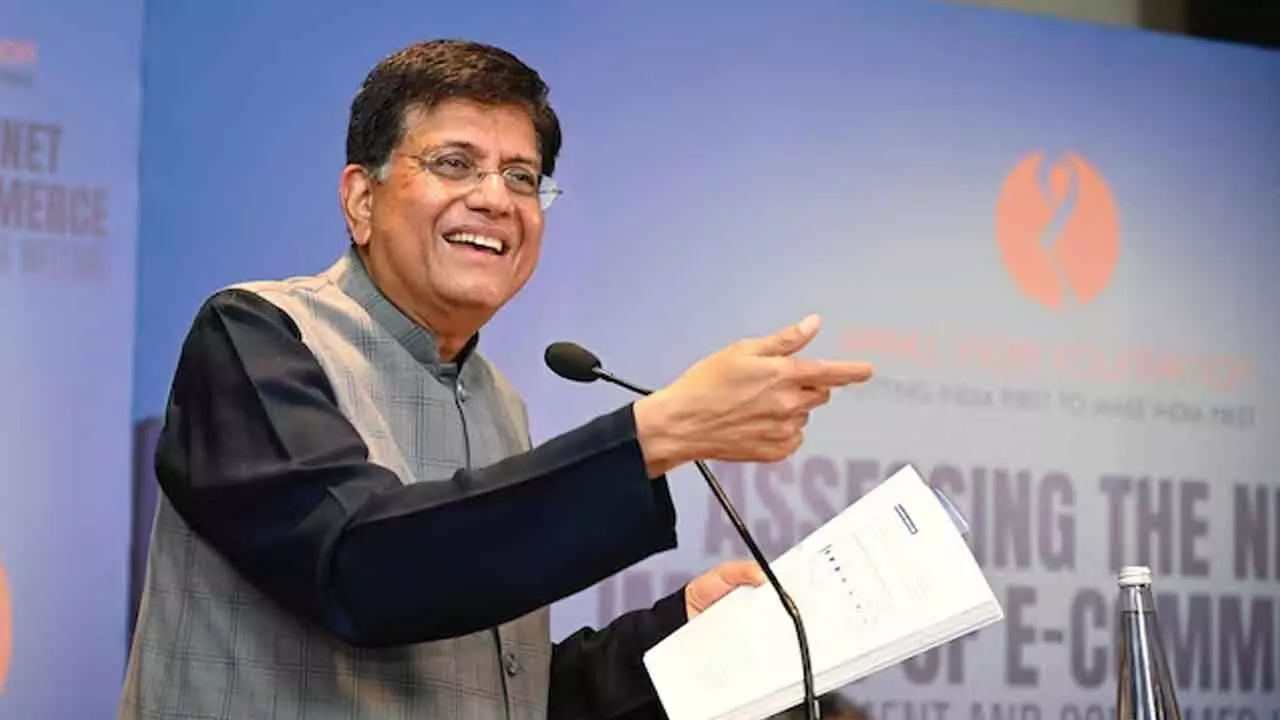The Competition Commission, not ministers, should worry about predatory pricing
The Competition Commission, not ministers, should worry about predatory pricing

Union Commerce and Industry Minister Piyush Goyal’s unease over e-commerce firms posing a threat to the traditional, small retail is quite understandable. This is a big issue as it involves millions of people. The government cannot remain insouciant about the interests—indeed livelihood in many cases—of so many people. Yet, the manner in which he has expressed his misgivings is not quite admirable. Speaking at a function, he said, “Are we going to cause huge social disruption with this massive growth of e-commerce? I don’t see it as a matter of pride that half our market could possibly become a part of the e-commerce network 10 years from now. It’s a matter of concern,” Goyal said at the launch of a report called ‘Net Impact of E-Commerce on Employment and Consumer Welfare in India.’ He went on to talk about “predatory pricing” by e-commerce giants, which are grabbing the share of small retailers by offering discounted rates on high-margin products like consumer electronics and apparel. He feared that “more than 10 million retail stores in cities and a possible 100 million small retailers across the country” are likely to be impacted adversely.
There are many problems with such remarks. First and foremost, they seem to be coming from a pinkish activist or a Swadeshi zealot rather than the economic minister of a government that is keen on high growth and private investment (both domestic and foreign). Top government functionaries should not make statements as it could be construed or misconstrued as being anti-business. Second, Goyal’s remarks are at variance with his own government’s stated position on the subject. A government website, IBEF, claims with pride, “The overall e-commerce market is expected to reach $ 350 billion by 2030 and will reach $ 74.8 billion.” Interestingly, IBEF stands for India Brand Equity Foundation, a Trust which was established by Goyal’s own Ministry. Its objective is to promote and create “international awareness of the ‘Made in India’ label in overseas markets. Towards this objective, IBEF works closely with stakeholders across government and industry.” Thirdly, the concerns expressed by Goyal should not be his in the first place. The fully-functional statutory body, Competition Commission of India (CCI), must address such concerns.
Its website says, “Our goal is to create and sustain fair competition in the economy that will provide a ‘level playing field’ to the producers and make the markets work for the welfare of the consumers.”
If the Commerce Minister is aware of any specific instances of predatory pricing, or even such suspicion, he can refer the matter to the CCI and let the regulator take the final call. After all, it is the CCI’s mandate to ensure fair play in the market. Besides, it is the body with the requisite wherewithal to ensure that. When important economic ministers or other senior government functionaries say things they should not, the impression that gets created is that of a country that is not at ease with the imperatives of a free economy. Such an economy is dynamic; creative destruction is part of its dynamism. There is no point in decrying every negative of the dynamism of the market economy.

